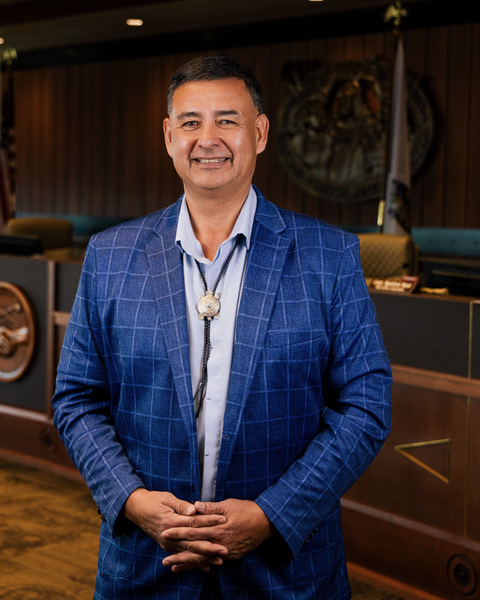by Shelbe Bearstail | Sep 15, 2021 By Shelbe Bearstail There are a few different programs available around the area that are part of the fight against losing the languages...
This content is for MHATimes Premium, MHATimes Annual, and MHATimes 1 Month members only.
Login Join Now
